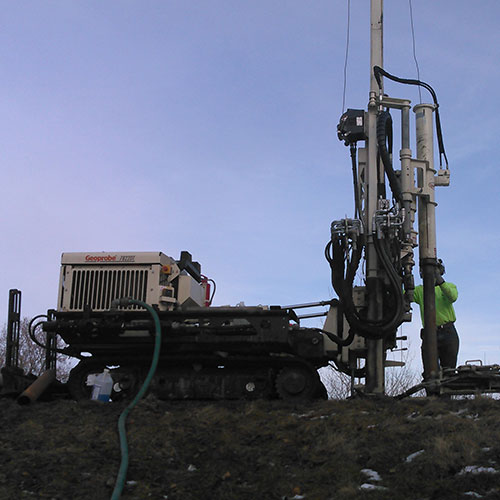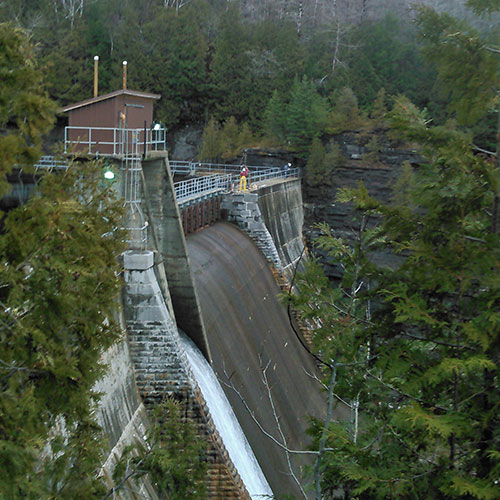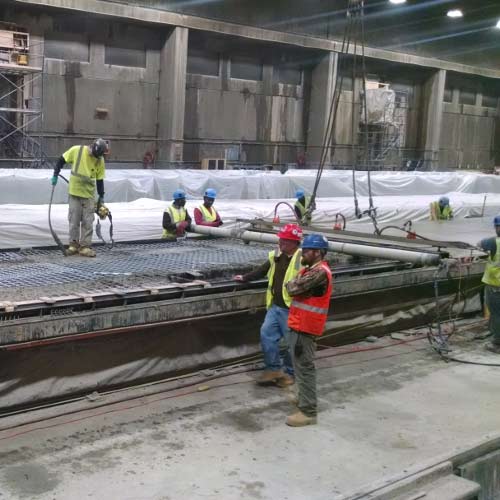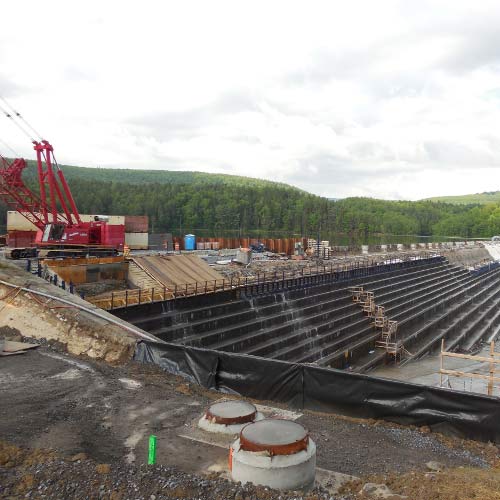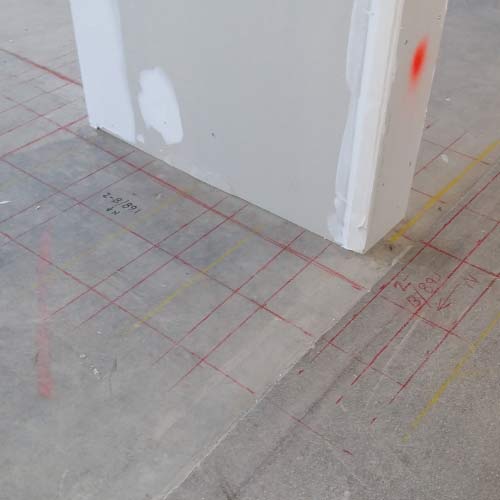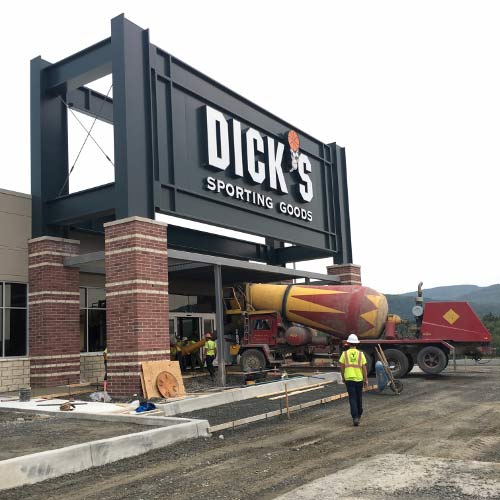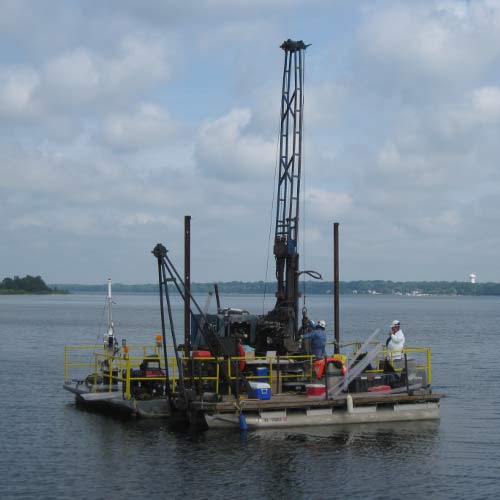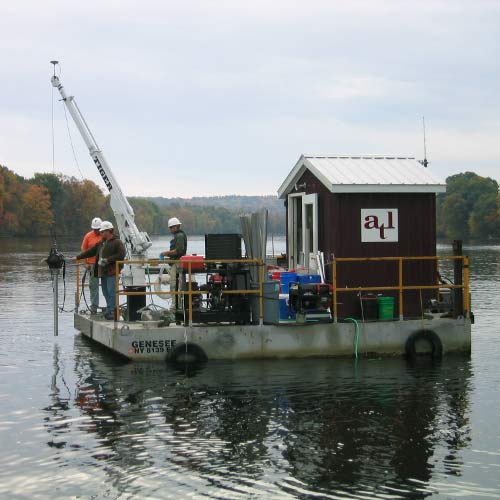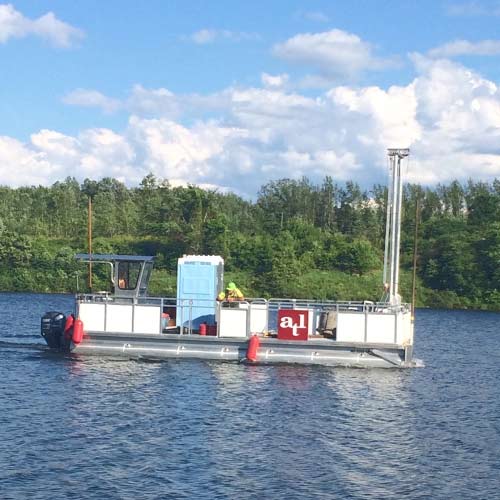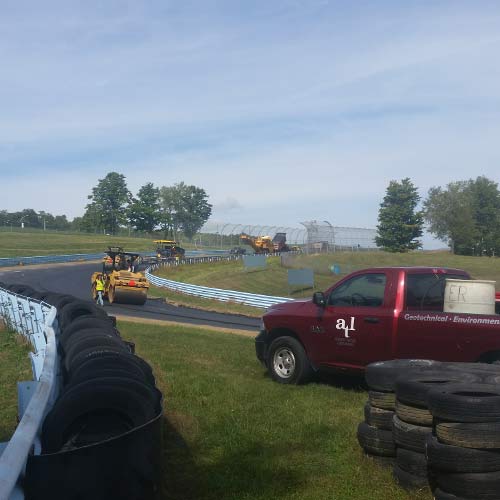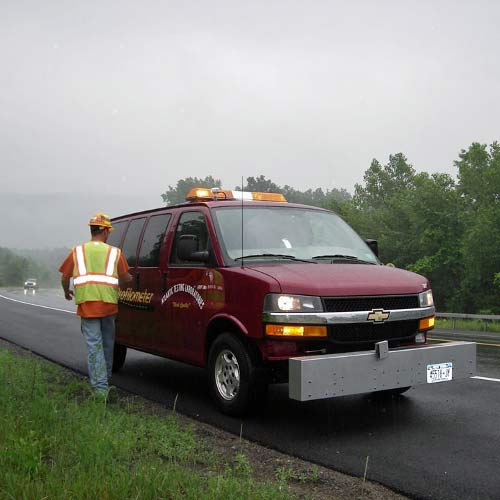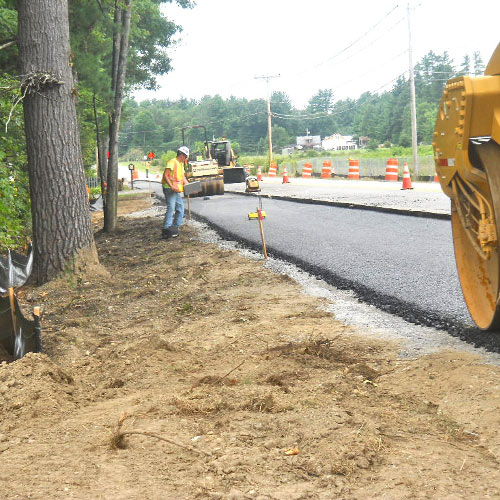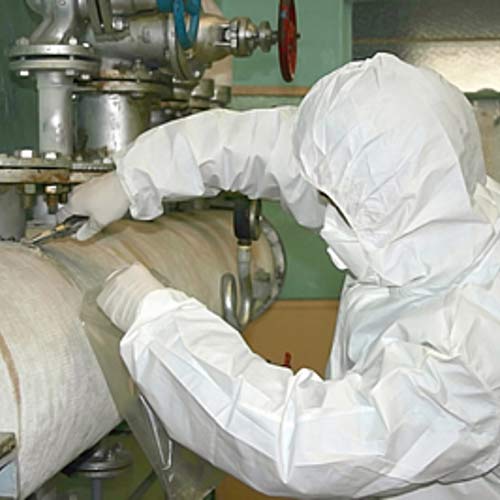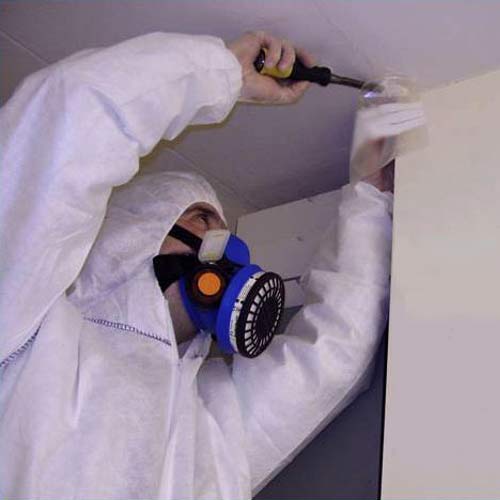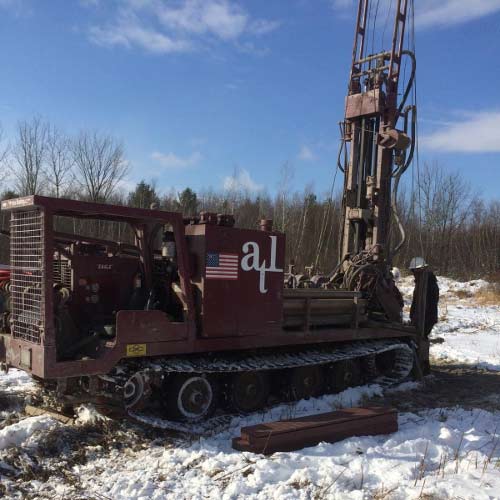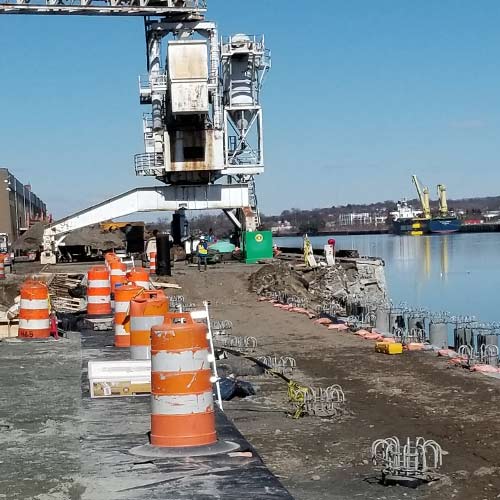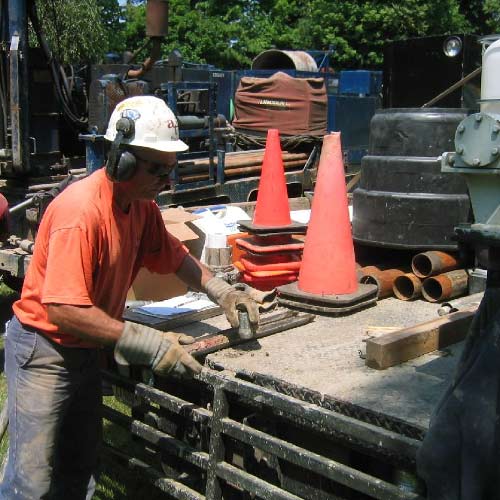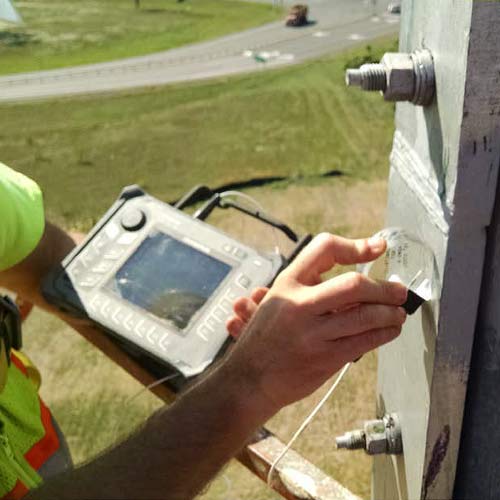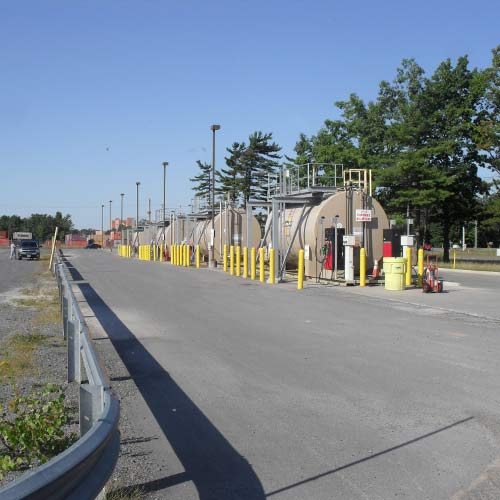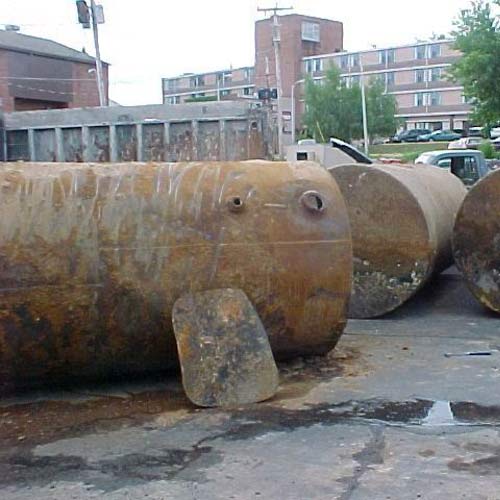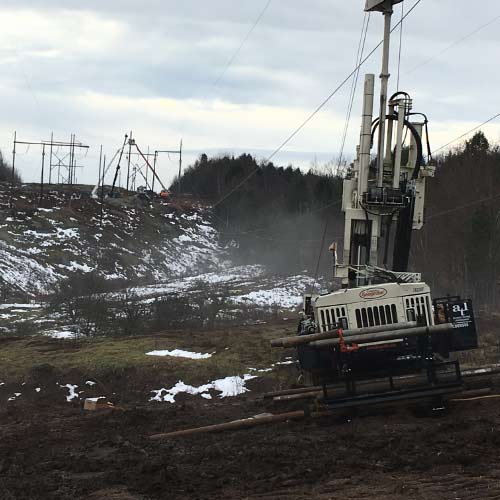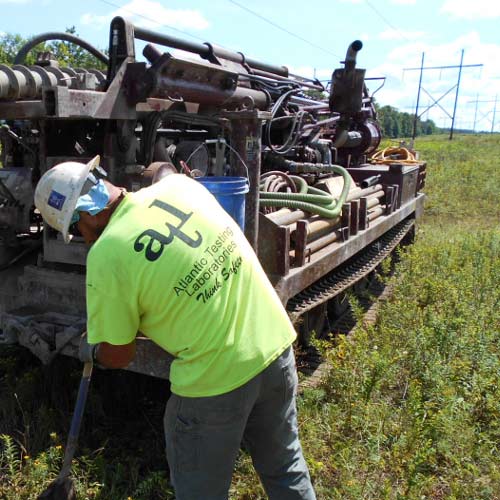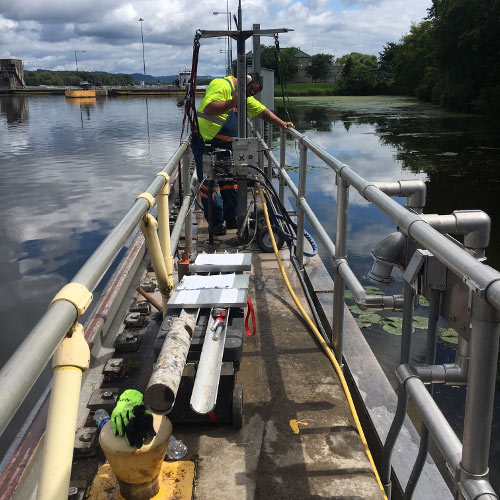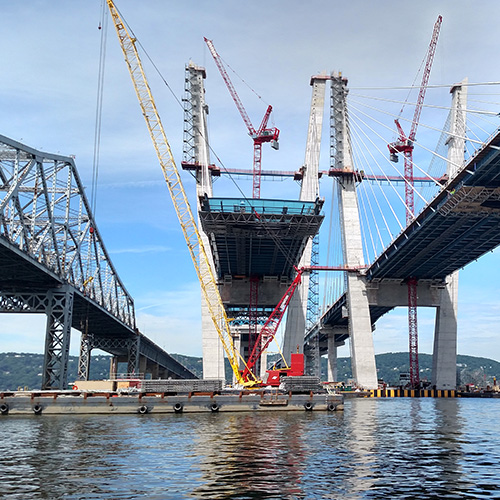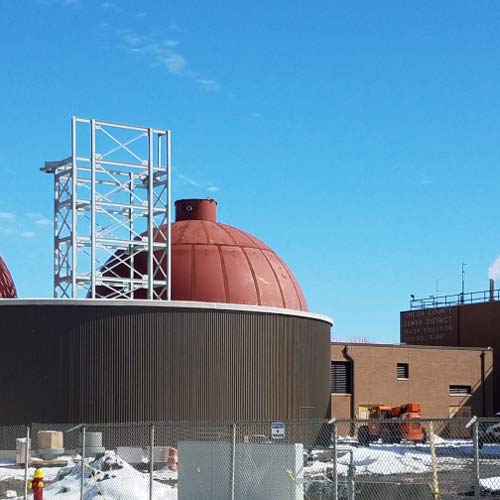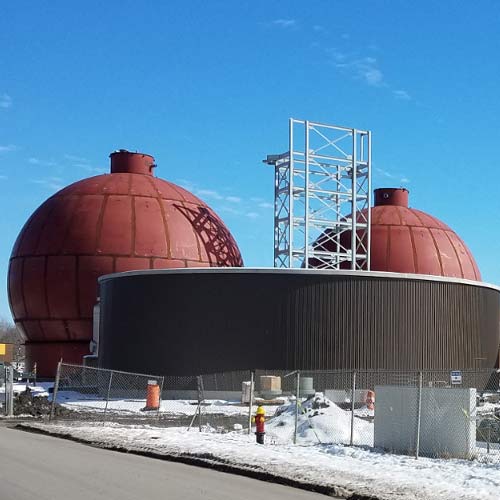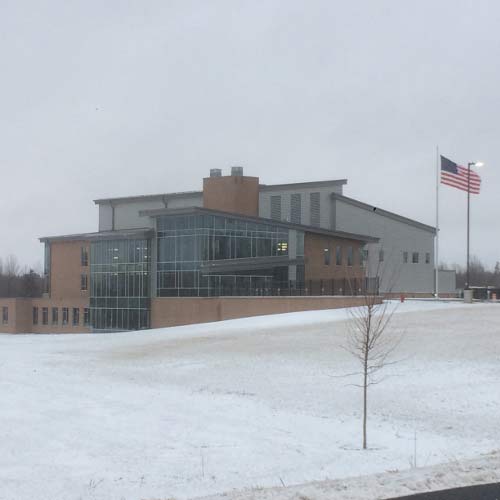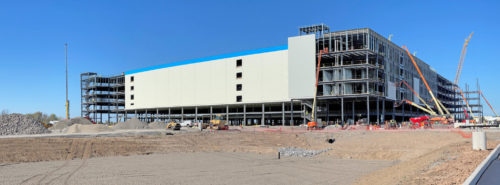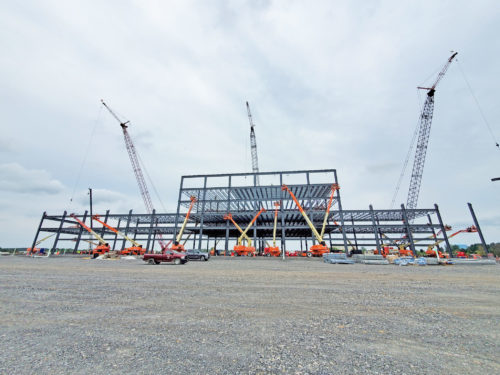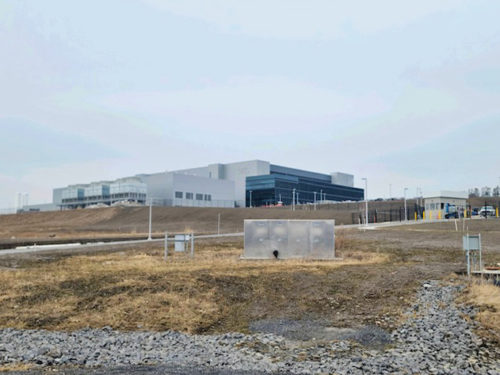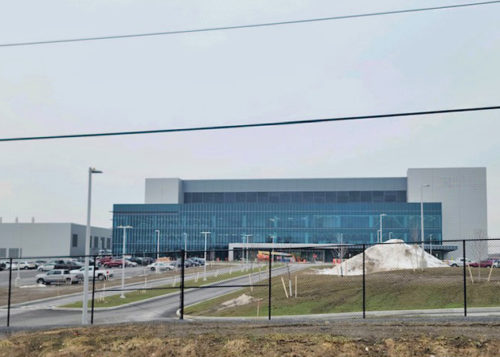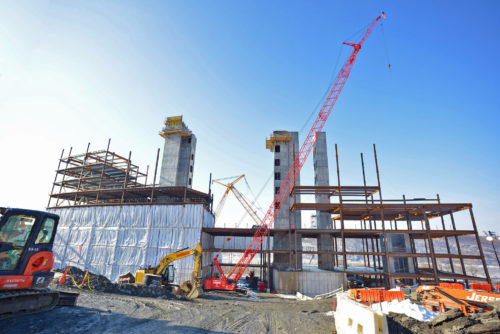Click the following link to view the PDF of this paper: Chemical-Petroleum Bulk Storage Regulatory Revisions in New York State

Cheyenne J. Dashnaw, PE
Senior Engineer
Atlantic Testing Laboratories
Notice for adoption of amendments to New York State’s Chemical Bulk Storage (CBS) and Petroleum Bulk Storage (PBS) regulations was published in July 2023, with new requirements set to be effective on October 17, 2023. The CBS regulations, formerly established as 6 NYCRR Parts 596-599, have been restructured within an amended 6 NYCRR Part 597 (Hazardous Substances Identification, Release Prohibition, and Release Reporting) and a new 6 NYCRR Part 598 (Hazardous Substance Bulk Storage) regulations. The amended PBS regulations remain at 6 NYCRR Part 613. Changes to the CBS and PBS regulations were targeted at harmonizing existing New York State requirements with federal requirements in 40 CFR Part 280 and 302 and providing more consistency between the CBS and PBS programs (1).
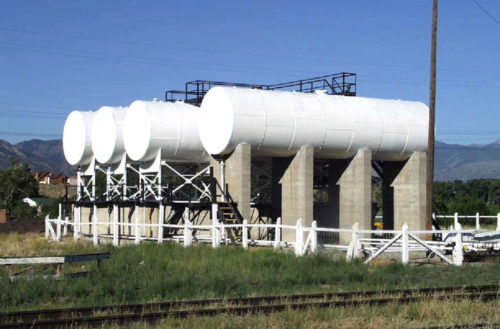
While no substantive changes were identified in requirements and regulations, there were several modifications aimed at clarifying specific requirements, and reducing or eliminating ambiguities or conflicts between different rules and regulations. For instance, descriptions for transfer activities have been modified to clearly state that such activities are the responsibility of the operator when on-site and the responsibility of the carrier when the operator is not-on-site. Additionally, terminology and criteria related to spills, spill reporting, and spill response have been modified, with an emphasis on consistency between different state regulations and correlation with federal requirements. It is important to note that spill reporting responsibilities in the amended regulations include additional specified entities, in order to clarify that spill reporting expands to these entities regardless of whether they caused the spill or first discovered it. More robust spill reporting requirements will ideally promote timely response and corrective action to lessen environmental impact. Improved instruction in the regulations on response requirements should help reduce the potential for worsening of conditions or catastrophic failures.
The amended regulations incorporate some revisions that promulgate additional responsibilities for facilities that are subject to requirements of the CBS and/or PBS regulations. These additional responsibilities are related to financial assurance and operator training. Financial responsibility sections have been established in the CBS and PBS regulations to ensure owners and operators can provide a means of financial assurance to address spills/releases or deficiencies on a timely basis and secure funding for any requisite investigation and corrective action. Regarding operator training, there is a new requirement for Class A and Class B operators to receive retesting on a 5-year basis.
Relative to harmonizing the existing New York State requirements with federal requirements, the amended CBS and PBS regulations detail more rigorous stipulations pertaining to periodic testing, monitoring, and inspection. The revised rules incorporate testing and inspection requirements of 40 CFR 280, which apply to spill prevention, leak detection, and overfill protection equipment in addition to the tank. Facilities previously in compliance with state and federal requirements would not require additional obligations, but a thorough review of these sections by facility owners and operators is important to confirm that requisite testing, inspection, and monitoring are being performed.
Amendments to New York State’s CBS and PBS regulations that may prove to be beneficial to facilities include changes in definitions for categories of tanks. While the category definitions still relate to dates in consideration of differences that would be expected in the performance of older systems versus newer systems with more advanced technologies, the definitions were modified to apply to individual tank system components instead of the entire tank system. This effectively removes restrictions that would require new component installations to comply with the requirements of older categories.
Regulations for bulk storage of chemicals and petroleum products are imperative to reduce the potential for spills and leaks from tank systems, which have historically been a common source of environmental contamination. The recent amendments to New York State’s CBS and PBS regulations, with the onus of harmonizing state and federal requirements and improving consistency between different state regulations, should prove to be an effective step forward in promoting a better understanding of compliance requirements and ensuring appropriate tank system management at regulated facilities.
ATL, a WBE certified company, provides a range of services pertaining to testing and management for aboveground storage tank (AST) and underground storage tank (UST) systems.
For more information, contact Cheyenne Dashnaw, PE at 315-386-4578, info@atlantictesting.com, or visit AtlanticTesting.com.
(1) Bulk Storage Regulatory Revisions, www.dec.ny.gov/regulations/93063.html
|
ASSOCIATED SERVICES |
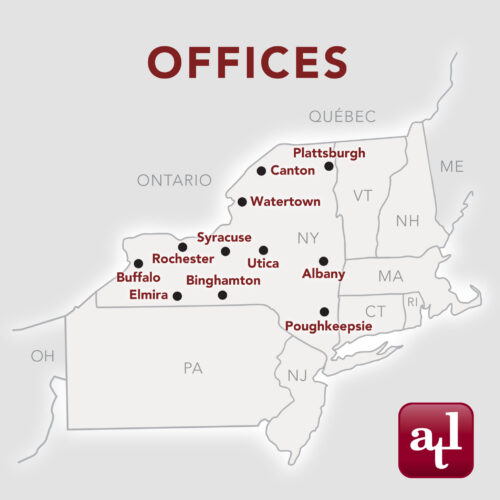 |


